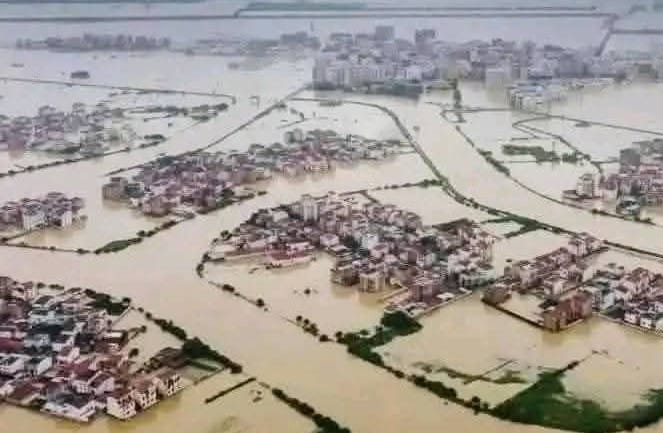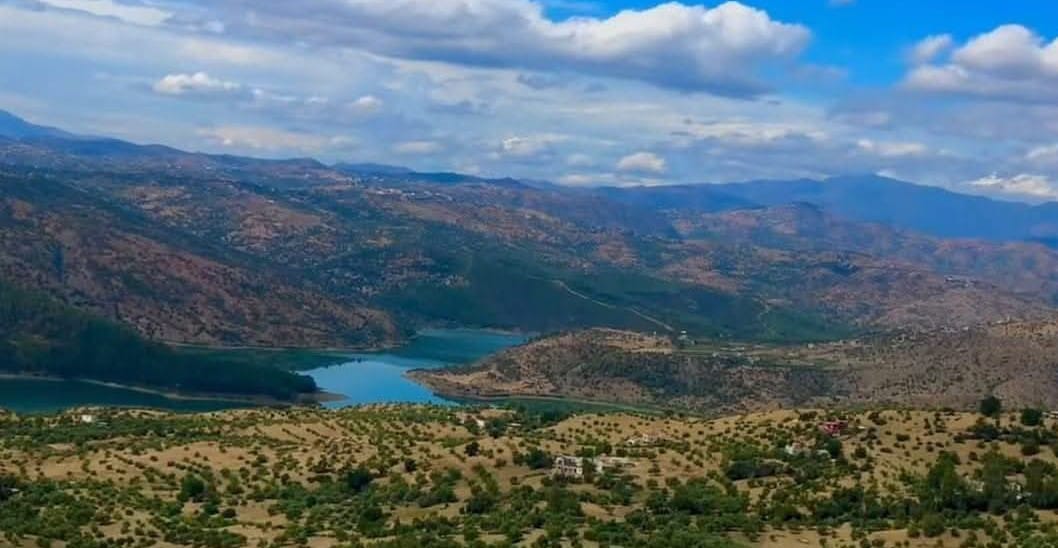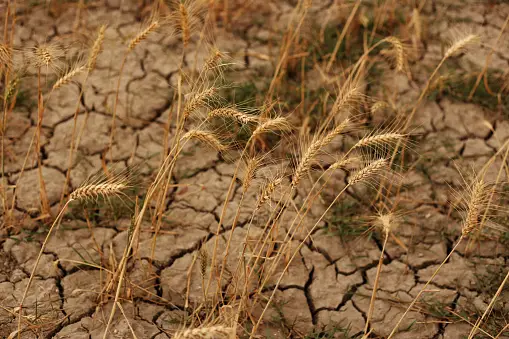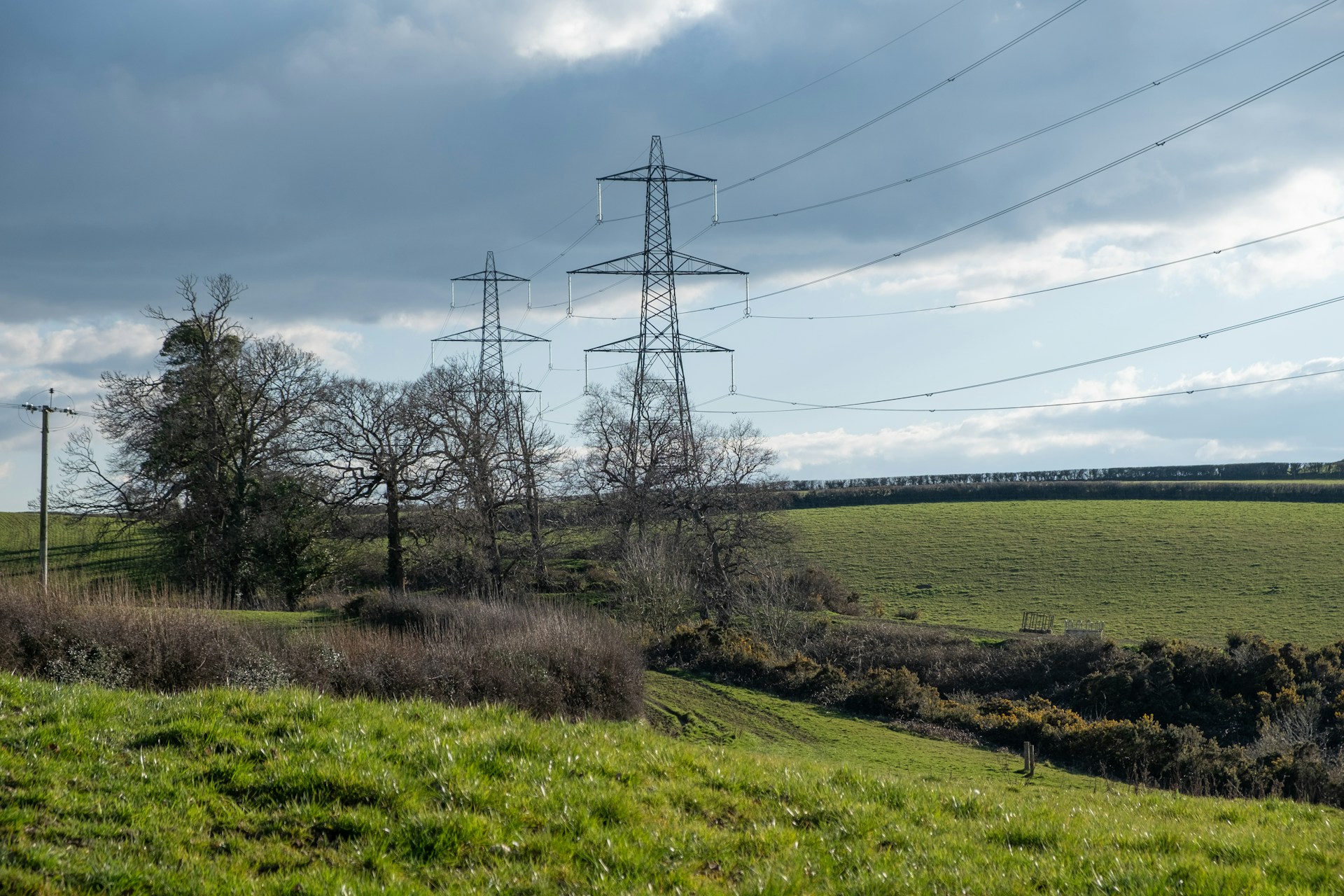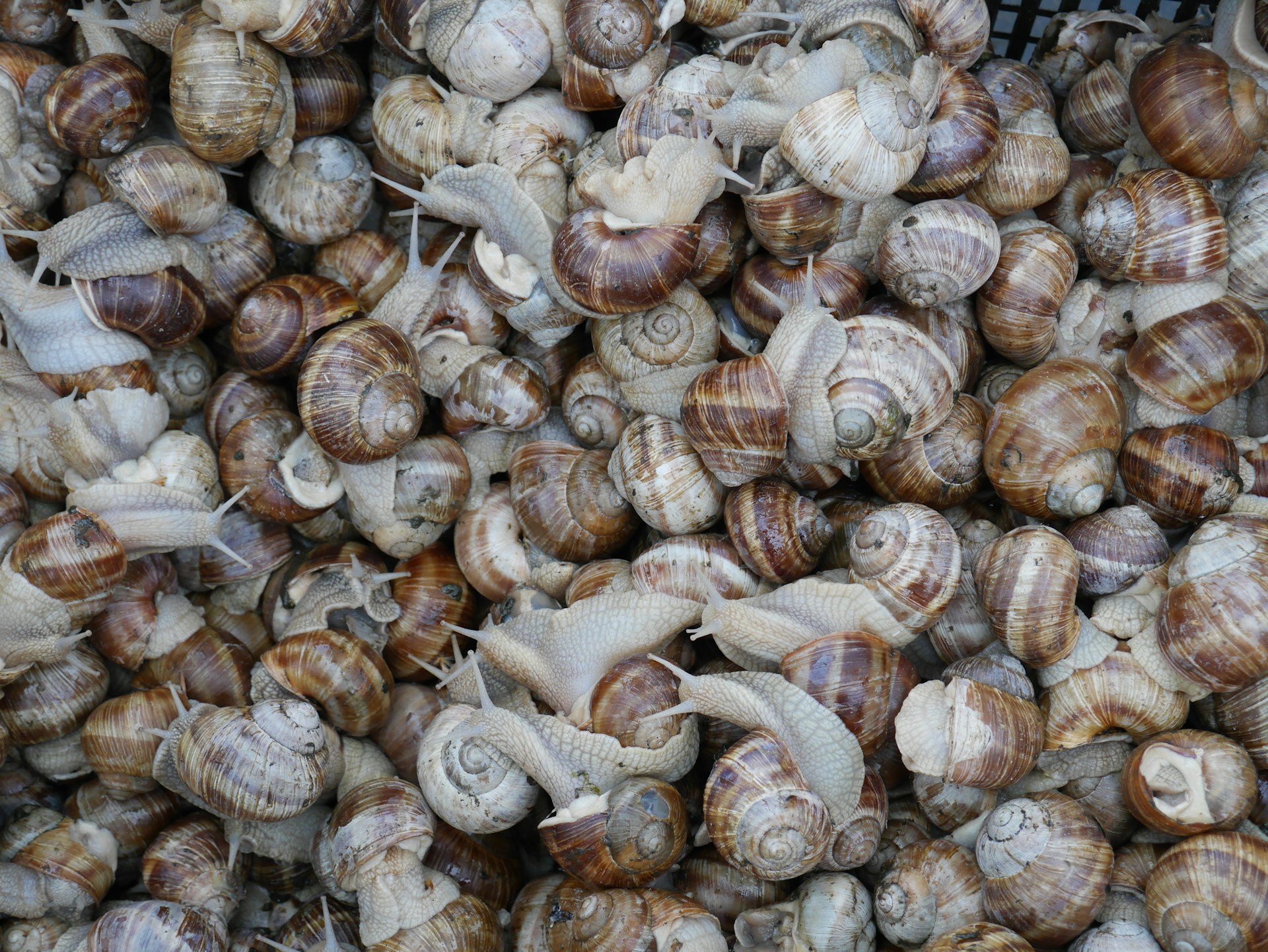Casablanca– As Morocco grapples with a persistent drought spanning six years, concerns mount over the nation’s grain production and its implications for food security. Recent reports from both the European Joint Research Center and the Ministry of Agriculture shed light on the severity of the situation, painting a grim picture for the agricultural sector.
The European Joint Research Center’s latest findings underscore the significant risk posed by long-term drought to Morocco’s grain crop productivity. According to the report, the country is facing extremely warm and dry conditions, resulting in below-average accumulation of grain biomass. The current agricultural season is at greater risk, with the looming possibility of crop failure if adequate rainfall does not materialize soon.
Analysis of satellite imagery and rainfall data reveals the stark impact of drought on grain crops across Morocco. While certain regions, such as the northwestern areas and parts of Fes-Meknes, show signs of healthier crops, overall prospects for the season remain bleak. Despite a notable increase in grain production during the previous agricultural season, the current conditions cast doubt on the potential for a successful harvest.
The Ministry of Agriculture echoes these concerns, attributing the decline in crop yields to high temperatures and water stress. Despite efforts to mitigate the effects of delayed rainfall and drought, the situation remains challenging. The Moroccan government has implemented additional measures to address the crisis, recognizing the vital importance of the agricultural sector, which employs around 40% of the country’s workforce.
Consequently, Morocco is expected to continue increasing its grain imports in the coming years to offset domestic production shortfalls. While the nation’s economy heavily relies on agriculture, which primarily depends on rainfall for irrigation, prolonged drought poses significant threats to food security and economic stability.
As the drought persists and challenges mount, stakeholders must collaborate on sustainable solutions to safeguard Morocco’s agricultural future. From implementing water conservation measures to investing in drought-resistant crops, proactive efforts are essential to mitigate the impact of climate change on the nation’s food security and economic resilience.



